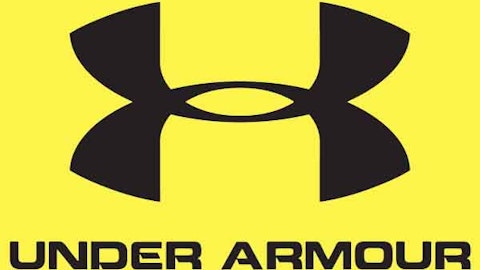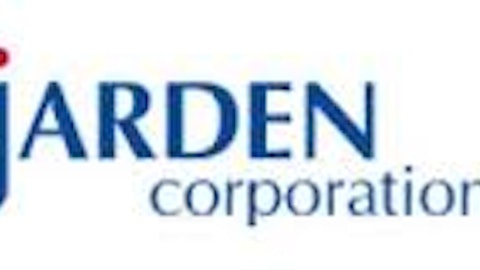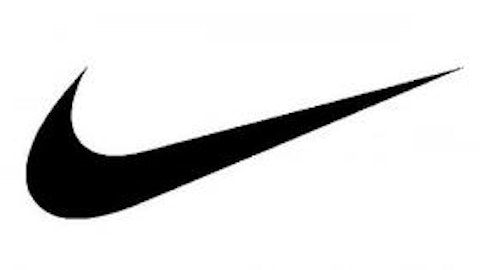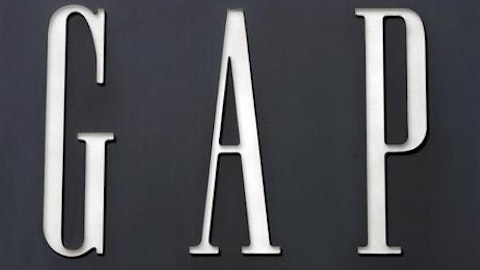Mario Gabelli, a famous investment manager, initiated a long position in K Swiss Inc (NASDAQ:KSWS) on Feb. 25, after the company received a buyout offer from E.Land World for $4.75 per share in cash, or $170 million. His move might indicate that he thought a $4.75 per share offer is not enough for K-Swiss.
Previously, he did the same thing about Caribou Coffee when the company was offered $16 per share in cash by Joh. A. Benckiser, as he thought Caribou Coffee was “statistically undervalued even at $16.” Let’s look closely into K-Swiss to determine whether or not the offer reflects the true value of K Swiss Inc (NASDAQ:KSWS).
Business snapshot
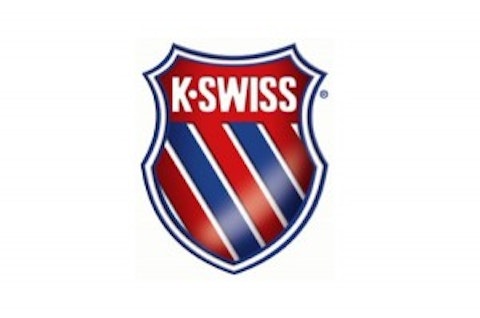
High SG&A and increasing cash conversion cycle
For the last five years, K-Swiss has consistently generated losses with declining revenue. Revenue has decreased from $340 million to only $223 million while the net loss has fluctuated in the range of $13 million to $64 million. The main reason for these losses are the huge selling, general and administrative expenses (SG&A) of the company. In 2012,SG&A accounted for as much as 48.4% of the total sales.
Thus, K Swiss Inc (NASDAQ:KSWS)’ poor performance resulted from business mismanagement. The deteriorating performance could be easily detected by taking a closer look in the company’s cash conversion cycle (CCC). In 2005, it only took nearly 92 days to collect the cash. However, in 2008 and 2009, the cash conversion cycle shot up to nearly 119 and 145 days, and it kept going up to nearly 199 days in 2012.
Compared to its much larger peers, including Adidas and NIKE, Inc. (NYSE:NKE), investors might be shocked with K-Swiss’ high cash conversion cycle.
| CCC (days) | 2008 | 2009 | 2010 | 2011 | 2012 |
| Adidas | 103.37 | 88.5 | 68.41 | 72.76 | 102.79 |
| Nike | 91.62 | 96.79 | 90.84 | 83.3 | 88.74 |
| K Swiss (NASDAQ:KSWS) | 118.81 | 149.66 | 160.1 | 162.49 | 198.62 |
Nike seems to be the best in terms of converting its sales into cash as it has the lowest CCC. In 2012, its CCC was only 89 days while the CCC of K-Swiss was the highest at 199 days.
Seems like a good deal for E.Land World
Nevertheless, what is good about the company is its strong balance sheet. As of December 2012, it had $132 million in total stockholders’ equity, $43 million in cash and only $1 million in short-term debt. With a recent offer of $170 million, K-Swiss is valued at 0.76 times sales and nearly 1.3 times book value. As K-Swiss generated negative EBITDA, the EBITDA multiple is not valid.
Nike, with its current trading price of around $55 per share, is worth nearly $49.1 billion on the market. The company is valued at 1.94 times sales and as high as 4.87 times book value. The EBITDA multiple is 13.4. Adidas is trading at around $47 per share, with a total market cap of nearly $19.2 billion. The market is valuing Adidas at a cheaper valuation than Nike at 1 times sales and 2.5 times book value. The EBITDA multiple is also lower at 10.2.
Foolish bottom line
I personally think E.Land World is buying K-Swiss to restructure it by slashing its significant SG&A expenses. For E.Land World, K-Swiss seems to be a good deal as it has a high probability of success to turn K-Swiss around. However, for individual investors, K-Swiss has not been a good stock to accumulate since 2008.
The article Is the Buyout Offer for K-Swiss Fair? originally appeared on Fool.com.
Copyright © 1995 – 2013 The Motley Fool, LLC. All rights reserved. The Motley Fool has a disclosure policy.
